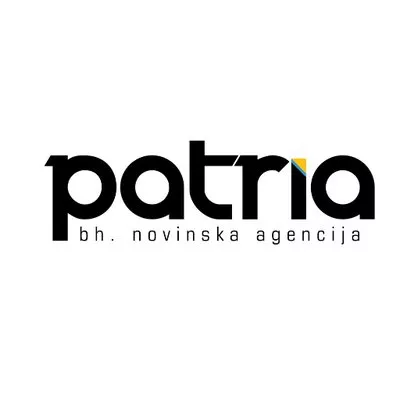
Aktuelno
Članak
Čović, Dodik and their path to the final division of BiH!
And the current situation in BiH can be also read from its progress to date towards the European Union.
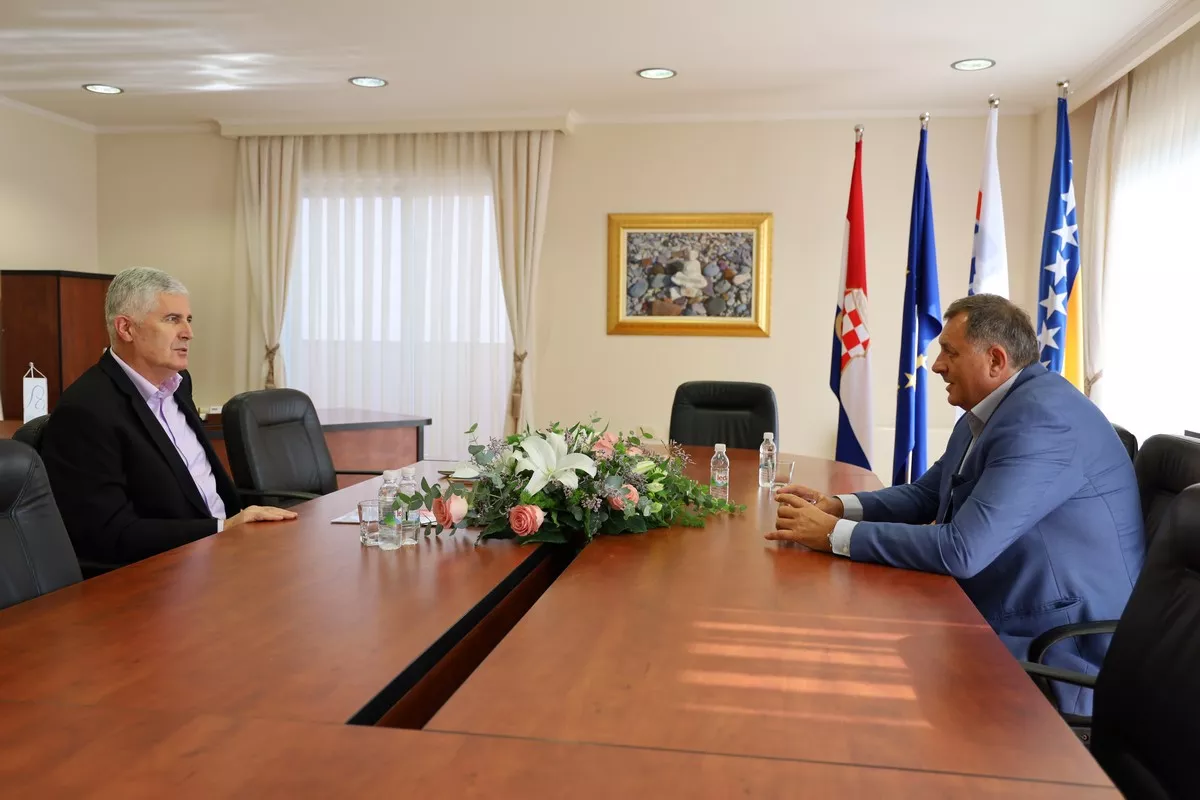
As time goes on, it is becoming increasingly clear that Dragan Covic, the HDZ BiH leader, is not interested in an election law that would fully meet all the norms and values of democracy. His interest is the division of Bosnia and Herzegovina, and this is evidenced by his coalition agreements with Milorad Dodik. It is also clear that they have been working on it for years. They have the wholehearted support by Zagreb and Belgrade in everything, and they even
managed to win over certain international officials! That they work in a coordinated and synchronized manner is evident from Dodik announcement that it is possible for his party to support the HDZ BiH and boycott the General
Elections in October next year!?
Dragan Čović and HDZ know that they would not gain much by boycotting the elections as they would lose power in the Federation BiH, but each time Dodik threatens with boycott, the public gets the impression that negotiations on the Election law must end as soon as possible!
And the current situation in BiH can be also read from its progress to date towards the European Union.
Bosnia and Herzegovina has submitted the EU membership request in February 2016, which was reviewed by the European Commission that subsequently adopted the Opinion on membership application of Bosnia and Herzegovina to EU on 29 May 2019, which stated, among other things, that the Commission asked BiH a total of 3,897 questions on all policies relevant to the EU integration process. It took BiH a total of 14 months to answer the first 3,242 questions, and 8 months to answer additional 655 questions.
Despite the established coordination mechanism for EU related questions, the authorities failed to agree to provide answers to 22 questions: 1 on political criteria, 4 on regional politics and 17 on education policies. It all speaks about (in)efficiency of the Coordination mechanism that has 33 working groups and a total of 1,700 members.
In order to open negotiations on the accession of Bosnia and Herzegovina to the European Union, BiH will have to fundamentally improve its legislative and institutional framework to ensure that 14 key priorities are met. These 14 priorities are divided by areas, one of the areas being the amendment of the election legislation, in the direction of ensuring the transparency of the election process and the financing of political parties.
It is also one of the priorities to fundamentally improve the institutional framework, including the constitutional level, in order to introduce, inter alia, a replacement clause to allow the state to temporarily exercise the powers of other levels of government after accession, to prevent and remedy violations of EU laws and the implementation of verdicts of the European Court of Human Rights, in order to eliminate discrimination against citizens. And instead of all bodies of the state Bosnia and Herzegovina, the parliamentary political parties and friends of Bosnia and Herzegovina (the United States, EU) focusing on issues of 14 priorities, the question arose out of the blue i.e. the request by HDZ BiH to resolve so-called issue of legitimate representation, but also the question of very survival of the state Bosnia and Herzegovina posed by Milorad Dodik and SNSD, through demands for takeover of the authority of BiH by the RS entity and the creation, as he puts it, of independent Republika Srpska within Bosnia and Herzegovina.
‘It should be emphasized that no verdict of the European Court for Human Rights or the Constitutional Court of BiH addresses the issue of legitimate representation of the constituent peoples in the Presidency BiH, i.e. the election of members of the Presidency by only one people/nation. Such demands are in opposition even to the 14 priorities that BiH needs to meet, because one of the priorities requests BiH to ensure equality and non-discrimination of
citizens, particularly following the ruling of the European Court for Human Rights in the case "Sejdić and Finci" says for Patria Enver Išerić, legal expert.
In addition, Bosnia and Herzegovina is requested to remove the right of veto in the decision-making process, which refers to the administrative and representative bodies, especially in the houses of the people, but also in the House of Representatives of the Parliamentary Assembly of Bosnia and Herzegovina (entity veto).
"From all the above it can be concluded that negotiations on so-called limited constitutional reform and changes in the election law are run in the way entirely opposite to the requirements of the EU, but also to the democratic principles applied in modern states, which relate to the election, functioning and work of state bodies.
This conclusion was additionally confirmed during the vote of SNSD and HDZ, in the House of Peoples of the Parliamentary Assembly on the proposal of the SNSD conclusion regarding the repeal of the Law on Prohibition of Genocide Denial, which clearly, unequivocally and very openly expressed their views on genocide, crimes and criminals, but also on international courts that have established their existence in their verdicts. Politicians who advocate and
implement such policies must be dialogued with in a completely different way from the one we have had the opportunity to see so far.
Milorad Dodik assures us that his actions will not provoke war, because he will use peaceful means to prevent the functioning of the state of Bosnia and Herzegovina by making various unconstitutional decisions in the National Assembly of the Republika Srpska entity.
"Peaceful separation" advocated by Milorad Dodik is nothing but war, because no one is handing over the homeland peacefully, Išerić said.
He says that Milorad Dodik should be told that all those who love their homeland Bosnia and Herzegovina will prevent his peaceful anti-constitutional activities and attack on the constitutional order by legal and peaceful means.
"Therefore, all institutions of Bosnia and Herzegovina, whose work was blocked by Milorad Dodik, should continue to work, as if in full composition, give Dodik a deadline to unblock the work of institutions and if he continues to blockade, return to the activities of Bosnia and Herzegovina under the Constitution of the Republic of Bosnia and Herzegovina. It is necessary to inform the United States of America, the European Union and the Peace Implementation Council, i.e. the guarantors of the Dayton Peace Agreement, about all this. The only alternative to this is the complete capitulation of pro-Bosnian parties, before the still alive aspirations of neighboring countries for complete destabilization of Bosnia and Herzegovina and its final division, which they are carrying out through their exponents in Bosnia and Herzegovina", Išerić added.
#English
Najnovije
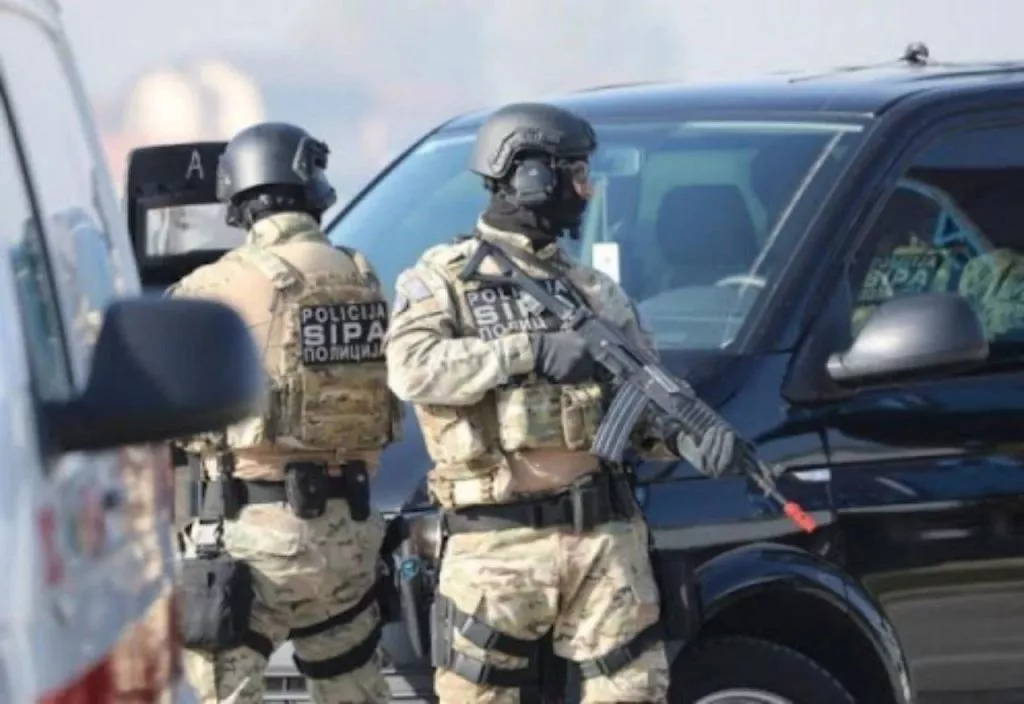
SIPA demantuje navode o 'nacionalnom disbalansu': U penziju idu 53 službenika, ne 495!
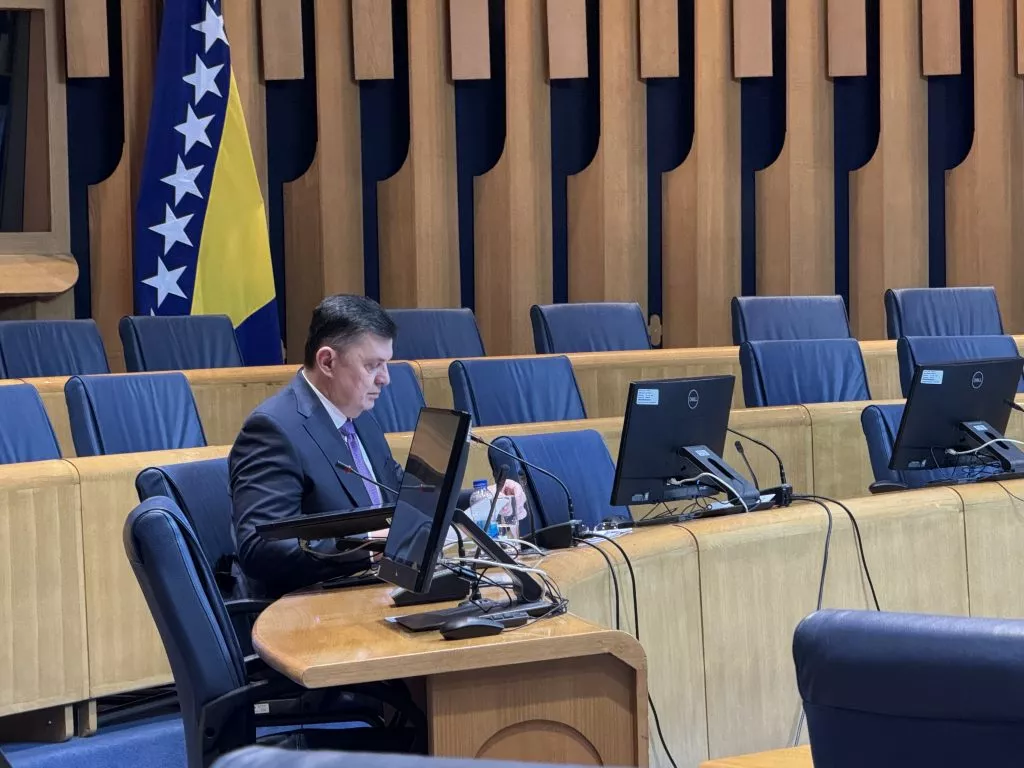
Komisija za borbu protiv korupcije o stanju u UIO: Slijedi li saslušanje direktora Zorana Tegeltije?
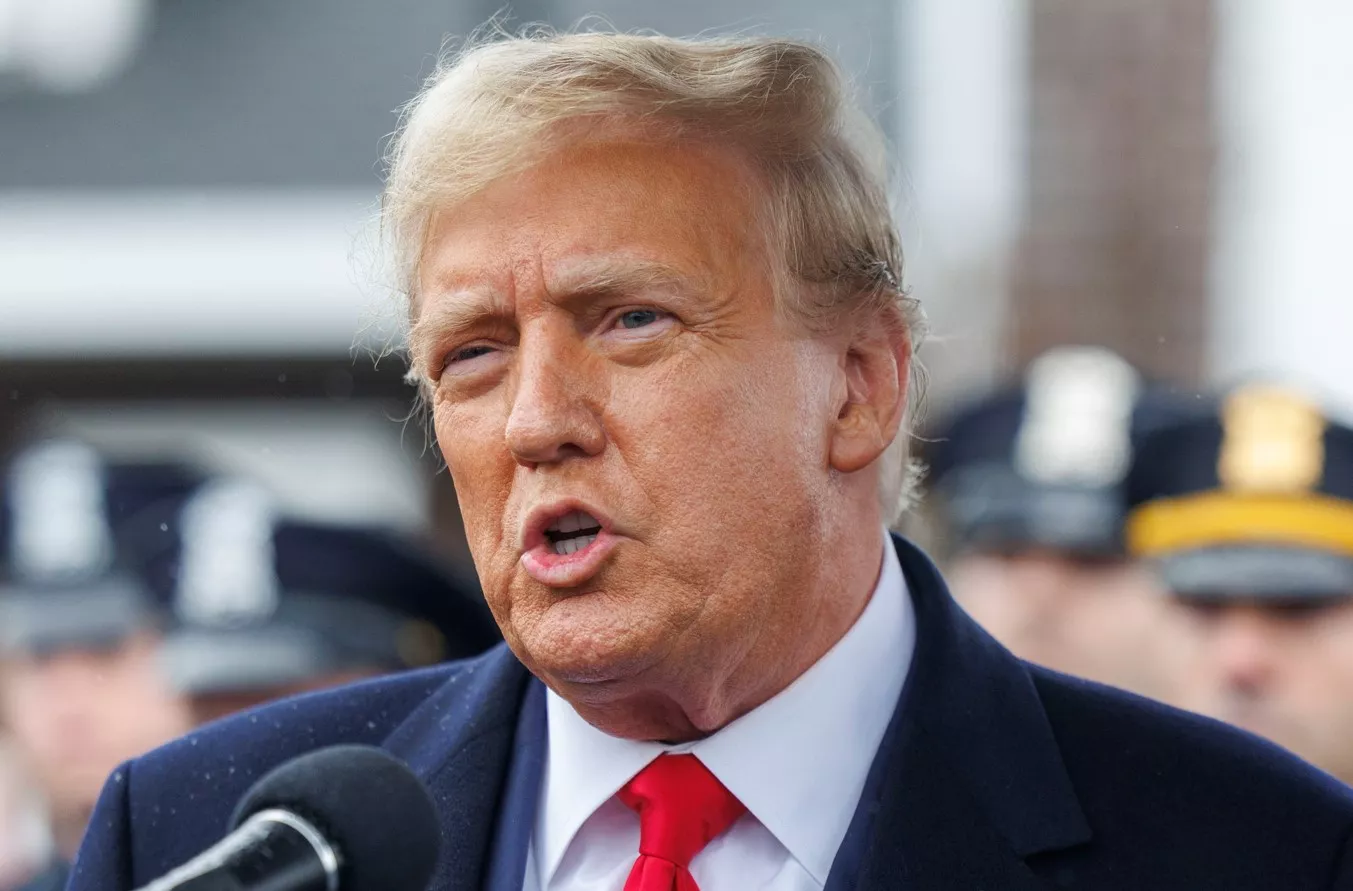
Trump: Počelo je zlatno doba Amerike
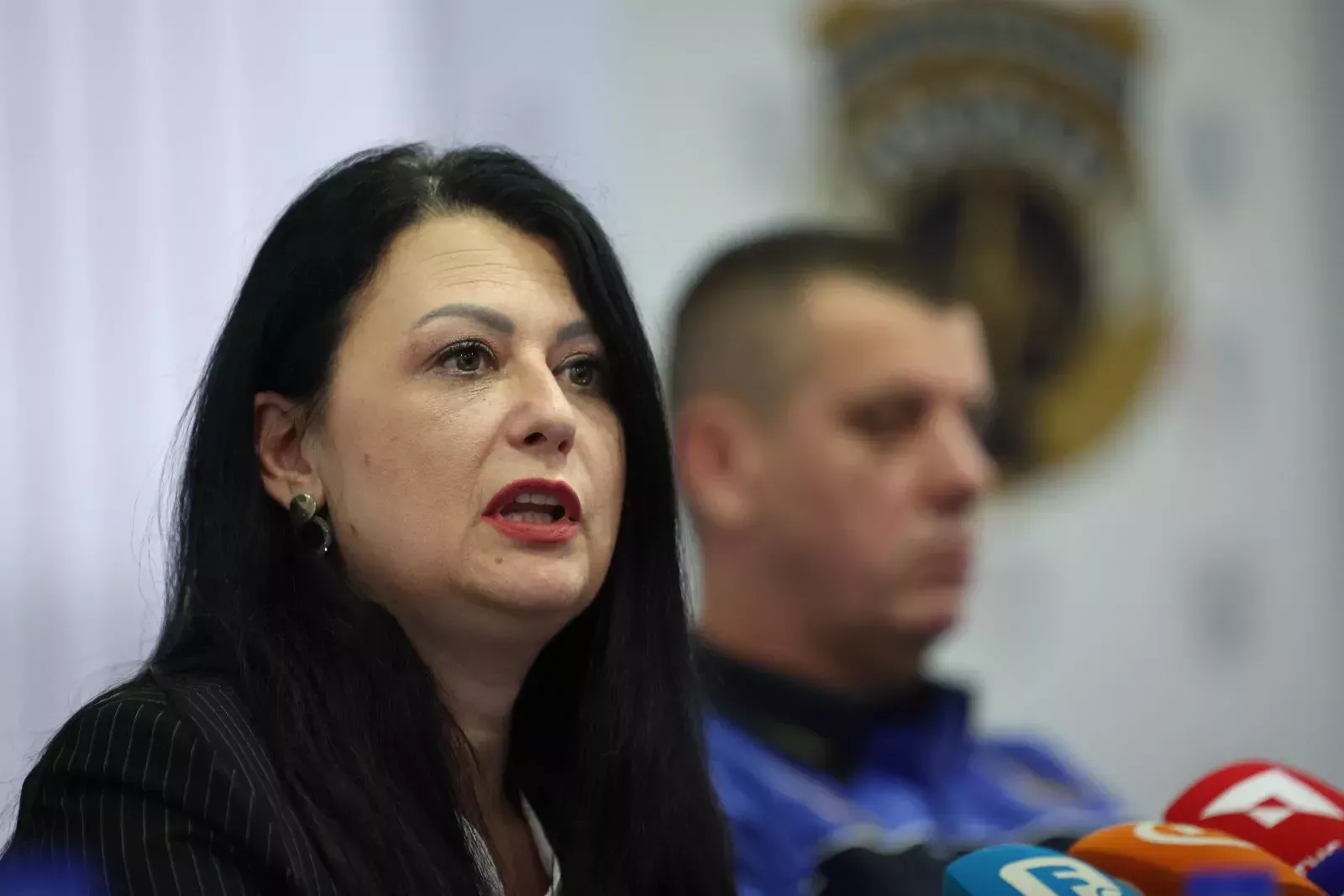
Dugalija i Hajdarević danas o istrazi u slučaju tragične tramvajske nesreće
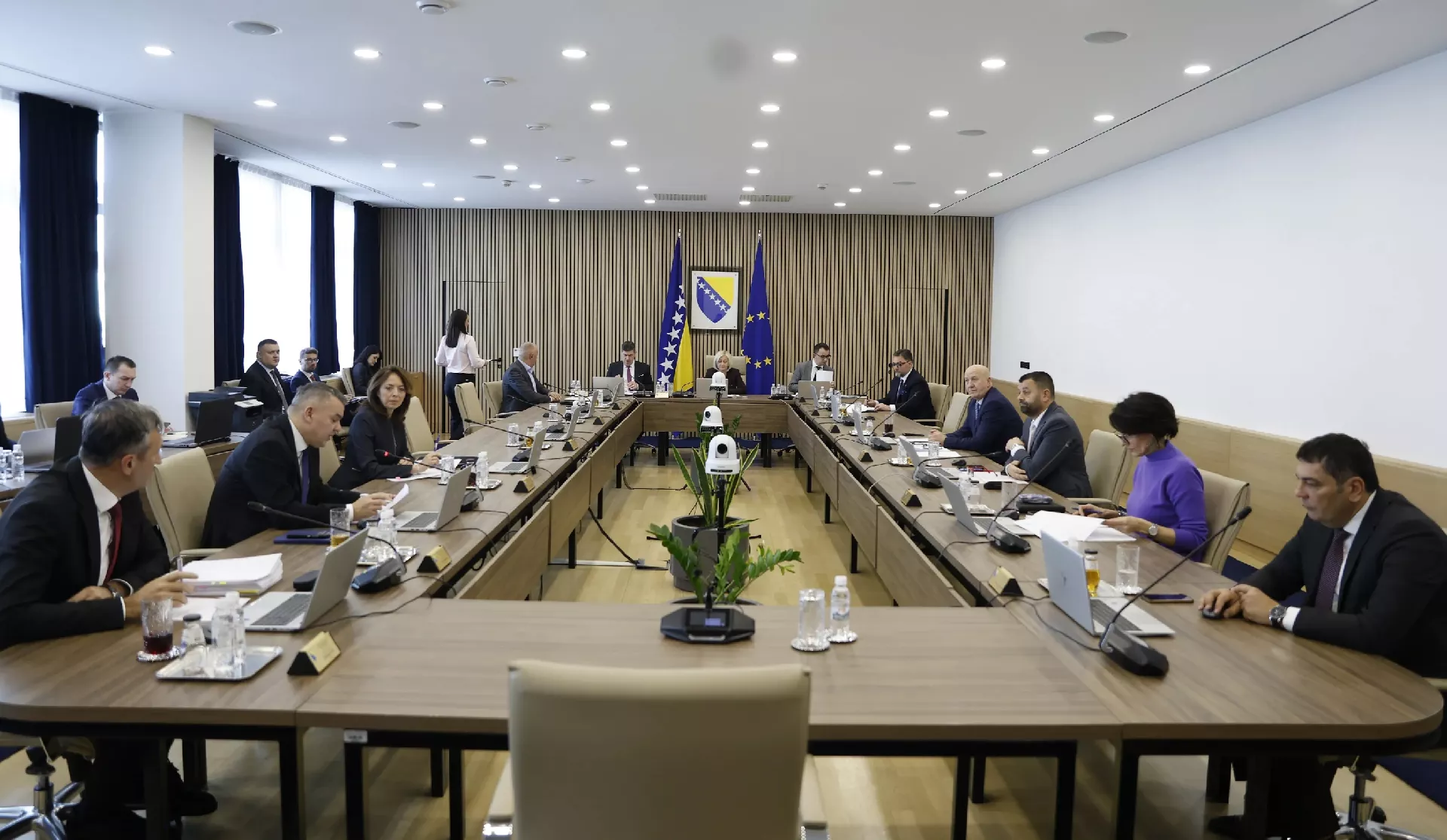
Vijeće ministara BiH danas o Nacrtu zakona o dopunama Zakona o komunikacijama
Najčitanije
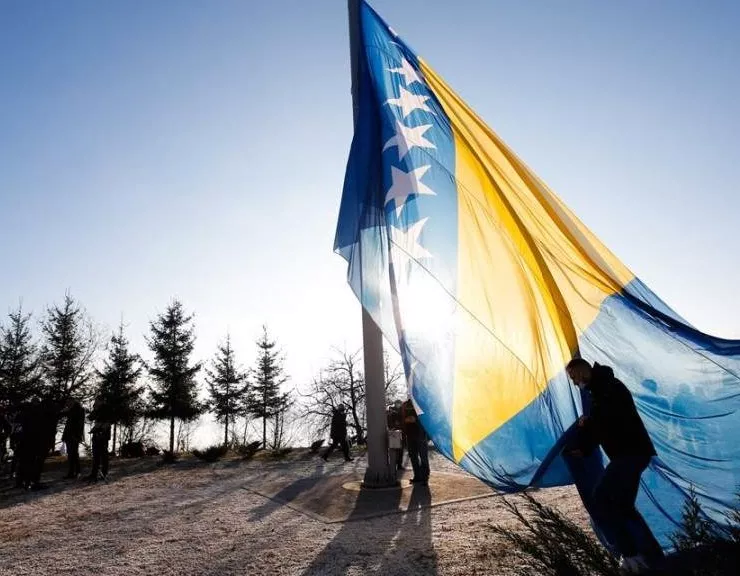
Dan nezavisnosti BiH obilježava se 1. marta i ne prenosi se, Hota-Muminović proglasila i 2. mart neradnim danom?
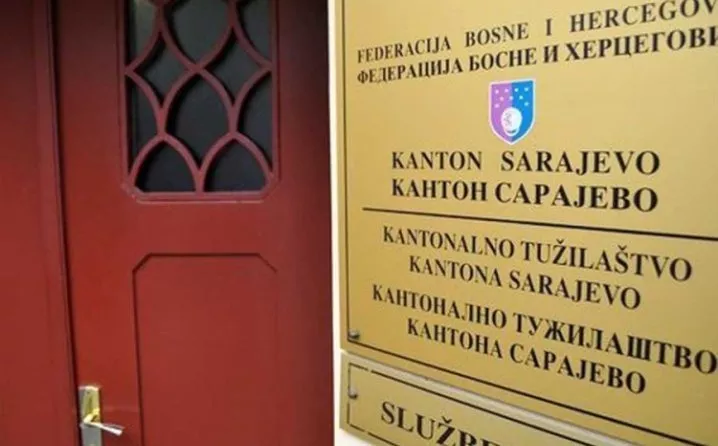
ŠTETA I UK NE ZNAJU Tužilaštvo KS neće provoditi istragu o dugu KJKP Gras zbog neplaćanja poreza i doprinosa
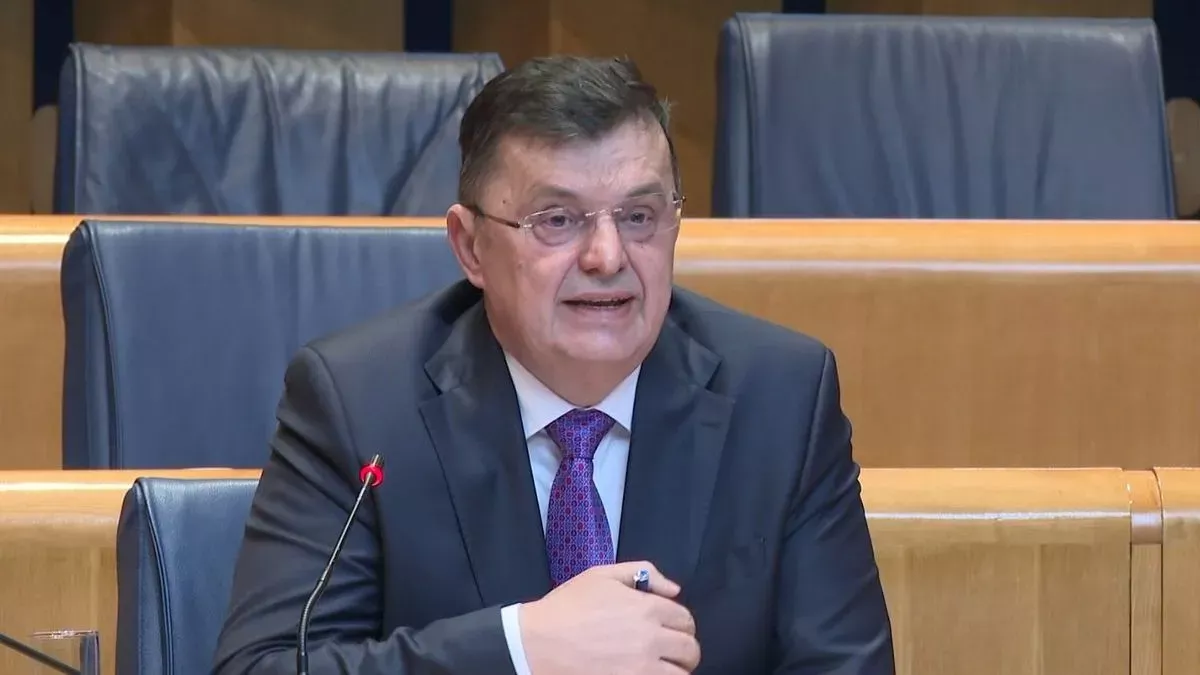
Komisiji za borbu protiv korupcije stigle prijave: Ko unaprijed gradi carinske terminale za UIO i kome se pogoduje
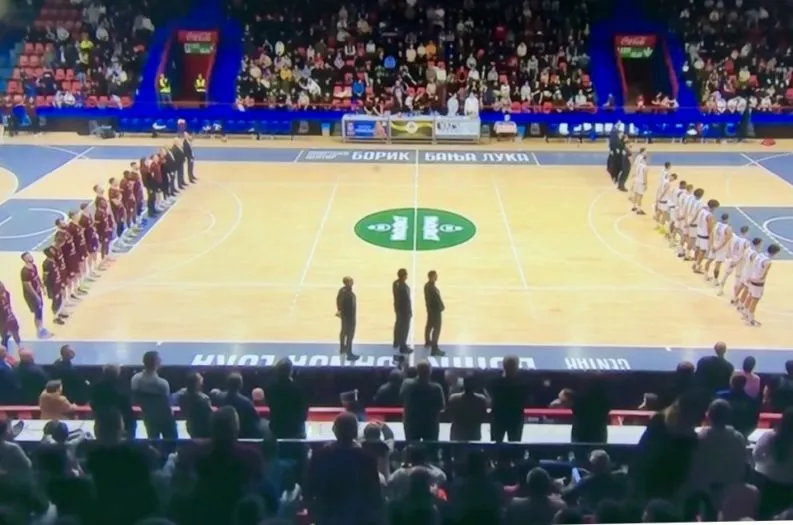
UTAKMICA BORCA I BOSNE U Banja Luci izviždana i prekinuto intoniranje himne BiH
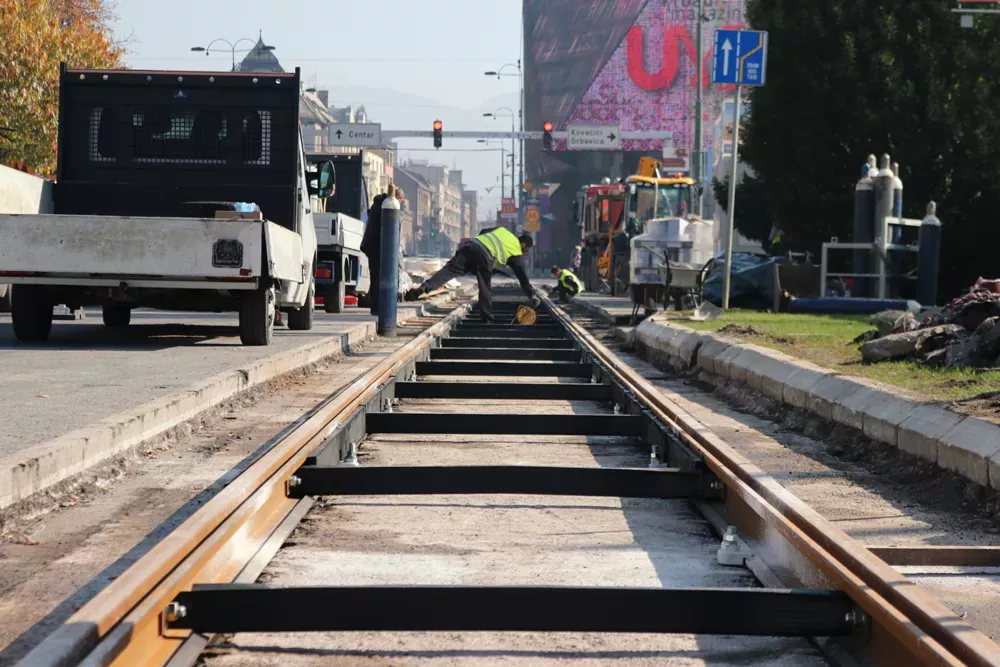
Vlada KS: Rekonstruisana tramvajska pruga ima sve upotrebne dozvole
